
Vegetarian diet: Everything you need to know
A vegetarian diet is known for its health benefits. It involves eating plants and avoiding meat and animal products. This diet is good for everyone, including pregnant or breastfeeding women. It can lower the risk of heart disease, diabetes, and some cancers.
But, it's important to plan well to get all the nutrients you need. This includes protein, omega-3 fatty acids, iron, zinc, vitamin B12, calcium, and vitamin D.
Different types of vegetarian diets include:
- Vegan diet: Excludes all meat and animal products
- Lacto vegetarian diet: Includes plant foods and dairy products
- Lacto-ovo vegetarian diet: Includes dairy products and eggs
Vegetarians should eat lots of fruits, vegetables, grains, nuts, and legumes. They should also avoid processed foods with a lot of sugar, fat, and salt. It's key to know about nutrition and get advice from trusted sources like the USDA, Academy of Nutrition and Dietetics, and Mayo Foundation.
Research by the National Institutes of Health shows plant-based diets are good for you. They help with gut health, kidney function, and recovery after exercise. This research is important for understanding the benefits of a vegetarian lifestyle.
What is a Vegetarian Diet?
A vegetarian diet focuses on eating plant-based foods and avoids meat and animal products. The type of vegetarian diet can vary, each with its own rules and benefits.
- Vegan Diet: This type completely eliminates all animal products, including eggs, milk, and honey.
- Lacto-Vegetarian: Includes some or all dairy products but excludes eggs, meat, and fish.
- Lacto-Ovo Vegetarian: Incorporates plant foods along with dairy products and eggs.
- Semi-Vegetarian: May include chicken or fish but avoids red meat.
- Pescatarian: Comprises mainly plant foods and seafood, excluding meat and poultry.
Vegetarian diets are often chosen for health reasons. They can lower the risk of heart disease, type 2 diabetes, and some cancers. They also tend to have fewer calories, less fat, and less saturated fat than diets that include meat.
Vegetarian diets are also good for your nutrition. They often have more fiber, potassium, and vitamin C. But, some groups like young children and pregnant women might need to plan their diet carefully to get all the nutrients they need.

Some people prefer the flexitarian or pescatarian diet. Flexitarians mostly eat plant-based foods but sometimes include meat. Pescatarians eat seafood, which is rich in omega-3 fatty acids, good for the heart and brain.
The main goal of vegetarian diets is to get all the nutrients you need from plant foods. This can lead to better health and help the environment.
| Diet Type | Characteristics | Includes | Excludes |
|---|---|---|---|
| Vegan | Eliminates all animal-based foods | Plant foods | Meat, fish, poultry, eggs, dairy products, honey |
| Lacto-Vegetarian | Includes dairy products | Plant foods, dairy products | Meat, fish, poultry, eggs |
| Lacto-Ovo Vegetarian | Includes dairy products and eggs | Plant foods, dairy products, eggs | Meat, fish, poultry |
| Semi-Vegetarian | May include chicken or fish | Plant foods, chicken or fish | Red meat |
| Pescatarian | Includes seafood | Plant foods, seafood | Meat, poultry |
Health Benefits of a Vegetarian Diet
Choosing a vegetarian diet offers many health perks. It brings nutritional benefits and helps prevent chronic diseases.
Reducing the Risk of Chronic Diseases
One key benefit of vegetarianism is lowering the risk of chronic diseases. Studies show vegetarians often have lower cholesterol and heart disease rates. For example, a 2014 study in India found vegetarians had less heart disease risk.
Western studies also show similar results. Vegetarians are also less likely to get type 2 diabetes. A study with nearly 70,000 people found vegetarians had a lower cancer risk than non-vegetarians.

Improving Nutritional Intake
A good vegetarian meal plan includes lots of nutrient-rich foods. This diet is full of fruits, vegetables, legumes, whole grains, nuts, and seeds. The 2015–2020 Dietary Guidelines for Americans say vegetarians get enough dark green veggies, legumes, and healthy oils.
This variety means more vitamins, minerals, and antioxidants. It leads to better health. Plus, plant-based diets help with weight and digestion thanks to more fiber and less saturated fats.
"Vegetarians may be up to one-third less likely to die or be hospitalized for heart disease if they consume high-fiber whole grains, legumes, nuts, vegetables, and fruits."
Switching to a vegetarian diet is good for your health. It's also kinder to the planet.
Essential Nutrients for Vegetarians
Vegetarians need to plan carefully to get all the nutrients they need. It's important to balance everything right to stay healthy.
Protein
Protein helps fix and grow muscles. You can find it in legumes, nuts, seeds, and soy products. These vegetarian sources of protein are good for you and can be used in many recipes. For extra convenience, my protein vegan protein is a great supplement.
Vitamin B12
Vitamin B12 is key for nerves and making red blood cells. It's mainly in animal products, making it hard for vegetarians to get enough. Fortified foods in meal delivery services can help. Some vegetarians also take B12 supplements.
Iron and Zinc
Iron carries oxygen in the blood. It's in beans, lentils, whole grains, and dark leafy greens. But, plant-based iron isn't as easily absorbed as animal-based. Eating foods high in vitamin C, like citrus fruits and bell peppers, can help. Zinc is important for the immune system and enzymes. You can find it in whole grains, soy, and nuts. Vegan meal delivery services make sure you get these nutrients.
Calcium and Vitamin D
Calcium is vital for strong bones and teeth. You can find it in dark green veggies, fortified drinks, and dairy alternatives. Vitamin D helps your body use calcium better. You can get vitamin D from sunlight. For those who can't get enough sun or prefer easy options, best vegan meal delivery services offer fortified foods.
| Essential Nutrient | Vegetarian Sources | Absorption Enhancement |
|---|---|---|
| Protein | Legumes, Nuts, Seeds, Soy Products | |
| Vitamin B12 | Fortified Foods, Supplements | |
| Iron | Beans, Lentils, Whole Grains, Dark Leafy Vegetables | Vitamin C-rich Foods |
| Zinc | Whole Grains, Soy Products, Nuts | |
| Calcium | Dark Green Vegetables, Fortified Beverages | Vitamin D |
| Vitamin D | Fortified Soy Milk, Fortified Cow's Milk, Sunlight |
Planning a Balanced Vegetarian Meal
Creating a balanced vegetarian meal plan means choosing foods that are full of nutrients. This is true whether you follow a vegetarian or vegan diet. A structured approach helps you make better choices and enjoy tasty meals. Here are some great ideas for breakfast, lunch, dinner, and snacks.
Breakfast
Beginning the day with a nutritious eating breakfast is essential. Try whole grain cereals with fortified plant milk, fresh fruit, and nuts. This mix not only tastes good but also gives you the nutrients you need.
- Scrambled eggs with whole grain toast
- Porridge with nuts, seeds, and yogurt
Lunch
For lunch, aim for a mix of protein, carbs, and fats. A big salad with mixed greens, chickpeas, and veggies is a great choice. Whole grain wraps with beans, avocado, and greens are also quick and healthy.
- Mixed greens, chickpeas, and seeds salad
- Whole grain wrap with bean spread and avocado
- Quinoa bowl with veggies and tofu
Dinner
Dinner is a chance to get creative with vegetarian recipes. Try stir-fried veggies with tofu and brown rice or quinoa. This mix is balanced and light. Soups and stews with lots of veggies and lentils are also great for cold nights.
- Stir-fried veggies with tofu and brown rice
- Stuffed bell peppers with quinoa and black beans
Snacks
Healthy snacks keep your energy up all day. Fruits, veggie sticks with hummus, and nuts are perfect. They're easy to make and full of good stuff for your diet.
- Fresh fruit
- Vegetable sticks with hummus
- Mixed nuts
Mixing up your foods ensures you get all the nutrients you need. This makes vegetarian meal planning easier and more fun.
Common Myths About the Vegetarian Diet
The vegetarian diet is often misunderstood. Many believe it lacks essential nutrients like protein. But, with the right planning, vegetarians can get all the nutrients they need. Foods like dairy, eggs, tofu, and beans are great sources of protein.
Another myth is that vegetarian diets are too limited and taste bad. But, today's vegetarian meals are diverse and delicious. Services like best vegan prepared meal delivery offer tasty, healthy options. They make it easy to follow a vegetarian diet without giving up flavor.
Some worry that vegetarians can't get enough vitamins B12, iron, and calcium. But, vegetarians can get B12 from eggs and fortified foods. For calcium, try soy-based foods, beans, and leafy greens.
It's also believed that vegetarian diets are bad for athletes. But, plant-based proteins are often better for health. They have more fiber and less fat than animal protein. Many athletes perform well on a plant-based diet.
Lastly, not all vegetarian foods are healthy. It's important to check labels for fat, sugar, and sodium. Plant-based diets can lead to weight loss and better health if done right.
| Myth | Reality |
|---|---|
| Vegetarian diets lack protein | Protein is readily available from sources like tofu, lentils, and quinoa. |
| Vegetarian diets are too restrictive | There is a diverse range of flavorful and satisfying vegetarian meals. |
| Vegetarian foods are always healthy | Some processed vegetarian foods can be high in sodium or sugars. |
Conclusion
Choosing a vegetarian diet offers many benefits for those who want to live a plant-based lifestyle. About 2% of U.S. adults follow this diet, showing its growing popularity. It's known for having fewer calories, less saturated fat and cholesterol, and more fiber, potassium, and vitamin C.
These nutrients help vegetarians maintain a lower body weight, fight cancer, and reduce heart disease risks. Research on 96,000 Seventh-day Adventists shows vegetarians face lower diabetes, high blood pressure, and metabolic syndrome risks. They also live longer than those who eat meat.
While it's important to plan well to get enough iron, calcium, zinc, and vitamin B12, a vegetarian diet is healthy. With more fortified foods and vegetarian meal services, it's easier than ever to follow. This diet is not only good for you but also for the planet and adds variety to your meals.
FAQ
What is a vegetarian diet?
A vegetarian diet focuses on eating plant-based foods. It excludes meat and animal products to some extent. There are different types, like lacto-vegetarian and vegan.
How can vegetarians ensure they get enough protein?
Vegetarians can get protein from legumes, nuts, seeds, and soy. Products like My Protein vegan protein are also good options.
What nutrients do vegetarians need to focus on?
Vegetarians should pay attention to protein, omega-3 fatty acids, and vitamins B12 and D. They also need iron, zinc, and calcium. Food and supplements can help meet these needs.
How can I plan a balanced vegetarian meal?
Start with whole grain cereals and fortified plant milk for breakfast. Lunch can be a salad with chickpeas. Dinner might include stir-fried veggies, tofu, and quinoa.
Are there vegetarian meal delivery options?
Yes, there are many vegetarian meal delivery services. They offer balanced, nutritious meals. These services are great for busy people.
Can vegetarians get enough Vitamin B12 from their diet?
Vitamin B12 is mainly found in animal products. Vegetarians might need fortified foods or supplements to get enough.
What are some common myths about the vegetarian diet?
Some people think vegetarian diets are not nutritious or don't have enough protein. They also believe these diets are too restrictive. But, a well-planned vegetarian diet can be complete and offer a variety of meals.
Can a vegetarian diet support all life stages, including pregnancy and breastfeeding?
Yes, a well-planned vegetarian diet can support all life stages. This includes pregnancy and breastfeeding, as long as nutritional needs are met.


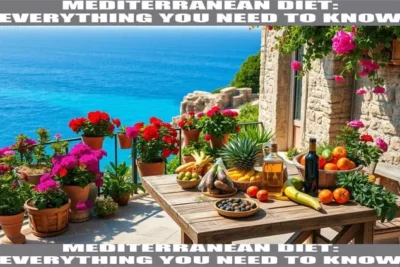



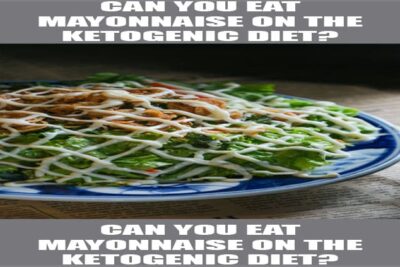


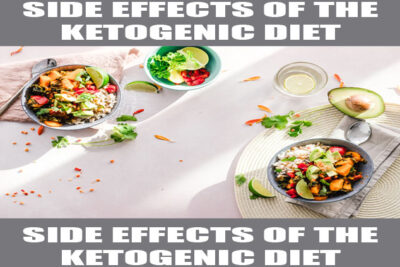
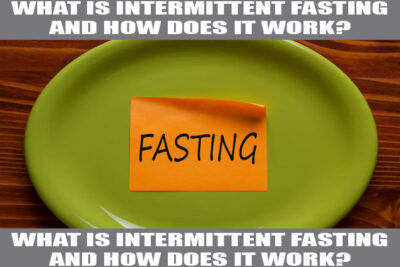
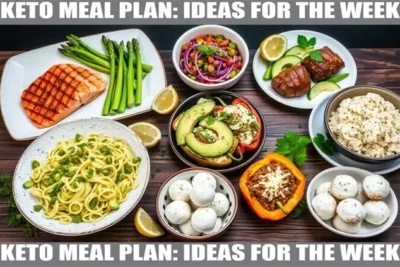


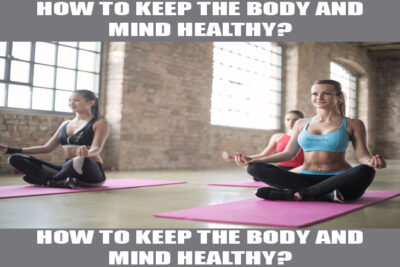
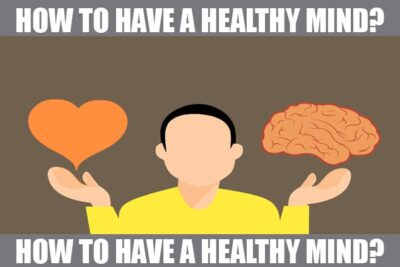
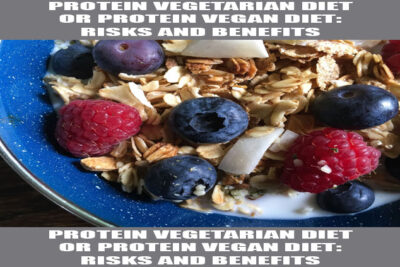
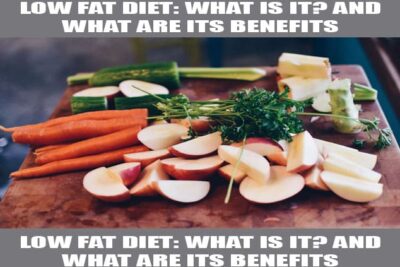
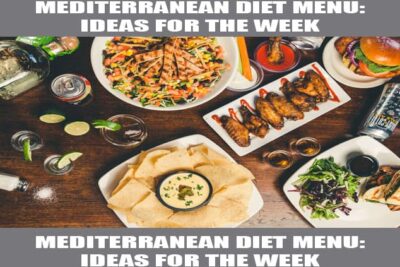

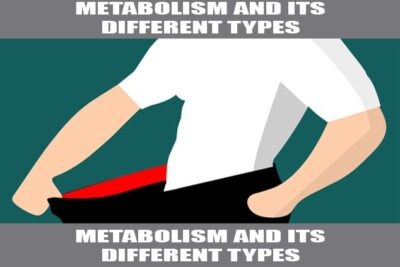
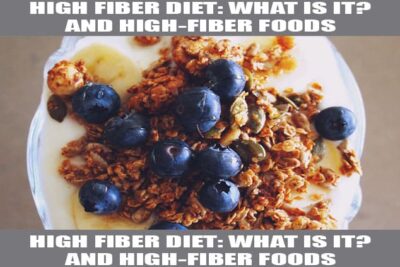
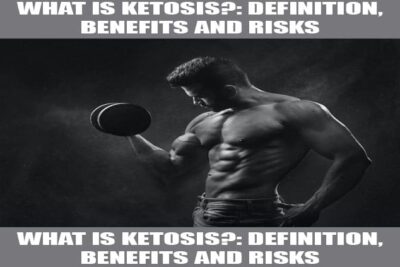


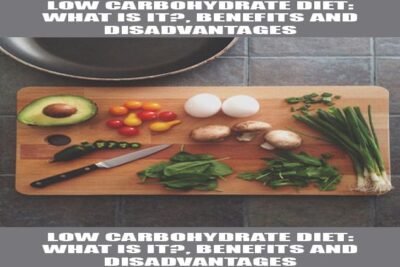


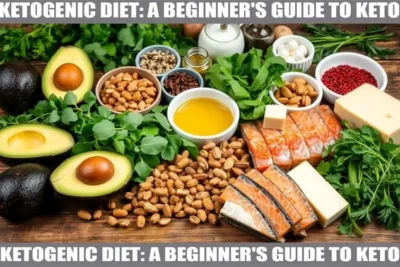

Content that may interest you